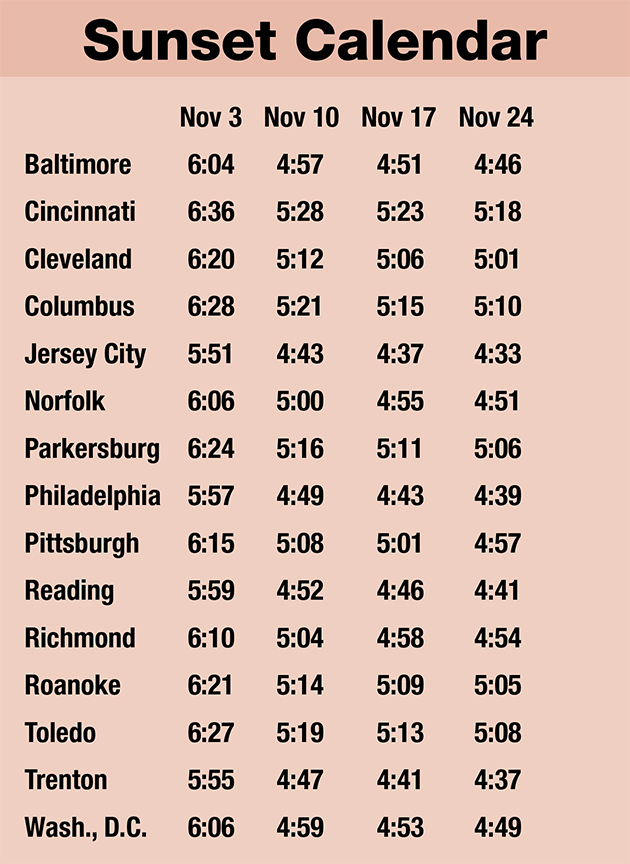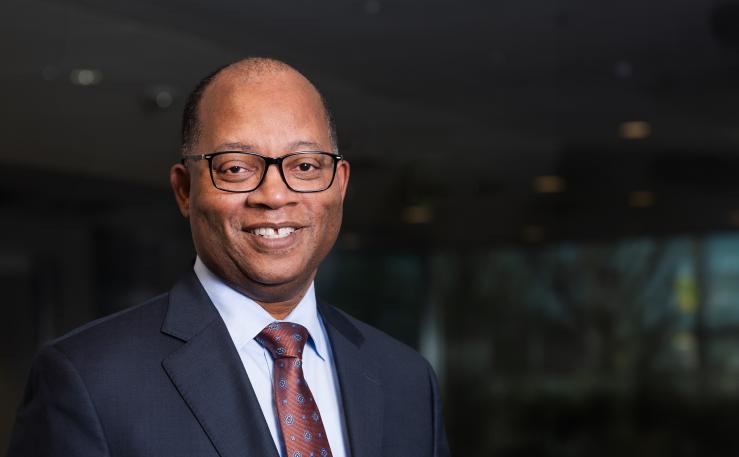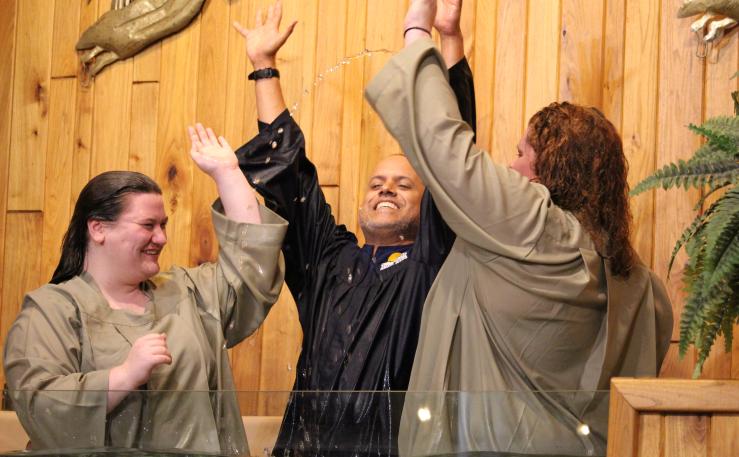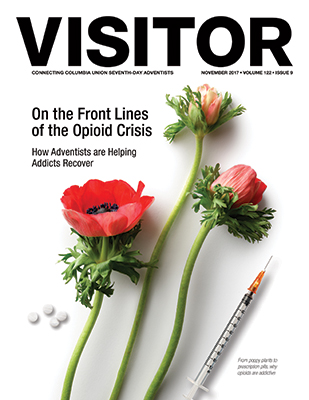Who We Are, How We Serve
The Columbia Union Conference coordinates the Seventh-day Adventist Church’s work in the Mid-Atlantic United States, where 150,000 members worship in 860 congregations. We provide administrative support to eight conferences; two healthcare networks; 81 early childhood, elementary and secondary schools; a liberal arts university; a health sciences college; a 49 community services centers; 8 camps; 5 book and health food stores and a radio station.
We Believe
God is love, power, and splendor—and God is a mystery. His ways are far beyond us, but He still reaches out to us. God is infinite yet intimate, three yet one,
all-knowing yet all-forgiving.
Story by Visitor Staff
Members from 30 Hispanic churches across the Potomac Conference recently gathered at the Southern Asian church in Silver Spring, Md., to celebrate 215 baptisms during “Pentecostes Now.” Thirty evangelists, led by Pastor Abel Pacheco, president of the Salvadoran Union, joined Potomac pastors to preach during 30 series across the conference and visit attendees in their homes.
The pastors who conducted the meetings each shared testimonies and reports from the event. The 215 baptisms are part of the 2,498 that have taken place in Columbia Union Hispanic churches in 2017. Members from around the union will gather to celebrate these evangelism efforts at Vivangelismo 2017, December 8 -10 in Ocean City, Md.

Editorial by Josh Voigt
Addict. It’s a word we don’t like to use to describe ourselves. But at age 17, I was addicted to alcohol and cigarettes, and a user of marijuana, PCP (Phencyclidine) and other drugs.
I cannot place blame for my poor decisions on my parents or upbringing, as I was raised in a loving Seventh-day Adventist home. I became addicted through peer pressure and my inability to say no. I wanted friends to like me, and never wanted to look like I was too afraid to try something.
Story by Tamaria L. Kulemeka
Norman Carter, a member of Allegheny West Conference’s Temple Emmanuel in Youngstown, Ohio, is also on the frontlines of the drug crisis.
“[The opioid crisis] is a beast that’s been unleashed. … In order to stop it, you have to stop drugs, and we know that is not going to happen. I think that all we can do is be prepared to provide services to those in need,” says Carter, who kicked his crack cocaine habit nearly eight years ago, and three years ago founded the Carter House, a transitional residential program in Youngstown.






 Read and share these articles from the November 2017 Visitor!
Read and share these articles from the November 2017 Visitor!

